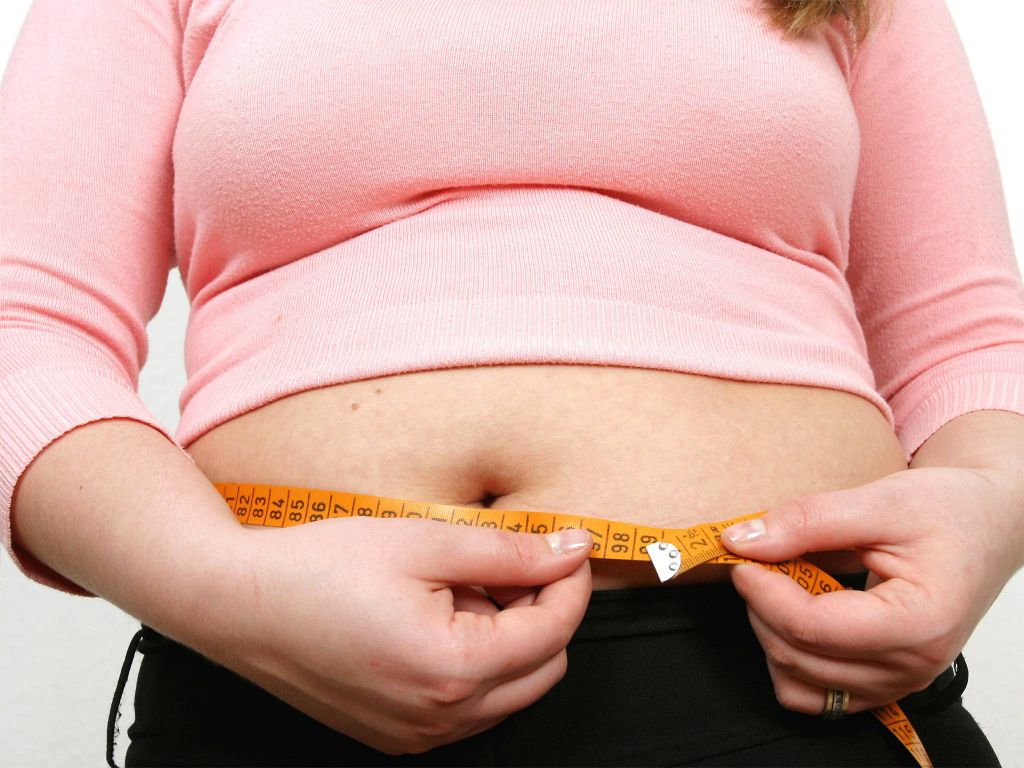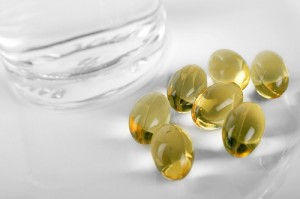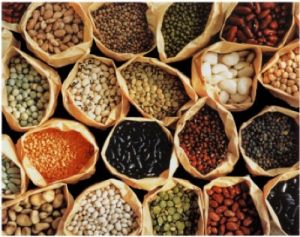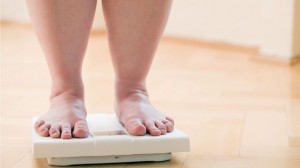 Weight loss requires more than just calorie restriction and increased activity. Most often there are hormonal imbalances which are leading to cravings for high-fat or high sugar foods, encouraging our body to store fat around our abdomen and hip, and preventing our body from burning fat.
Weight loss requires more than just calorie restriction and increased activity. Most often there are hormonal imbalances which are leading to cravings for high-fat or high sugar foods, encouraging our body to store fat around our abdomen and hip, and preventing our body from burning fat.
An imbalance in serotonin is just one hormonal imbalance that can prevent weight loss.
The Impact of Serotonin on Appetite and Mood
Serotonin is one of our feel-good neurotransmitters (along with dopamine and norepinephrine). When serotonin is out of balance symptoms of anxiety and depression are common. These emotions contribute negatively to weight loss by altering our motivation, drive, commitment and self esteem.
The depression associated with low serotonin leads to increases in inflammation and cortisol levels – both of which make it harder for our body to burn fat as fuel and lose weight.
Low levels of serotonin also decrease mood and lead us to crave foods that are rich in carbohydrates – a source of tryptophan, which our body uses to create serotonin.
Production of Serotonin in the Body
 The majority of serotonin is produced in the digestive tract. The production of serotonin is dependent on levels of tryptophan and vitamin B6. Vitamin D is also required for serotonin to act in the brain. Serotonin production is intimately related to levels of both cortisol (stress hormone) and melatonin (sleep hormone). When cortisol levels increase with stress, serotonin levels drop. When melatonin levels increase during winter or sleep, serotonin levels drop.
The majority of serotonin is produced in the digestive tract. The production of serotonin is dependent on levels of tryptophan and vitamin B6. Vitamin D is also required for serotonin to act in the brain. Serotonin production is intimately related to levels of both cortisol (stress hormone) and melatonin (sleep hormone). When cortisol levels increase with stress, serotonin levels drop. When melatonin levels increase during winter or sleep, serotonin levels drop.
Other hormones aren’t the only factors that influence serotonin production. Digestive disorders, dieting and calorie restriction, and taking on too many tasks (multitasking) all decrease production of serotonin in the body. Carbohydrate consumption increases serotonin production – but has an overall negative impact on weight management due to it’s calorie content, inflammatory potential and impact on insulin secretion.
Ways to Support and Enhance Serotonin Production
With the majority of serotonin being produced in the digestive tract, one of the best ways to support serotonin production is by supporting proper digestion, eliminating food sensitivities and decreasing inflammation in the digestive tract.
Managing stress to control cortisol secretion is also an important means of supporting serotonin production. Since an increase in cortisol production suppresses our production of serotonin it is imperative to look at stress management in any approach to enhance serotonin. A simple activity like reading or meditating in the morning or in the hour before bed has been shown to have a significant positive impact on serotonin production. A weekly massage can also boost serotonin (and increase dopamine, endorphins and decrease cortisol).
A Whole Foods Approach to Serotonin
 The most important thing you can do for your serotonin production is eat a healthy, whole foods based diet. Encouraging healthy digestion and choosing appropriate foods will give your body what it needs to produce this incredibly important hormone.
The most important thing you can do for your serotonin production is eat a healthy, whole foods based diet. Encouraging healthy digestion and choosing appropriate foods will give your body what it needs to produce this incredibly important hormone.
Carbohydrates are an important source of tryptophan and are required by the body to produce serotonin. While carbohydrate restrictions are a common facet of many weight loss regimes, it is not advisable to completely eliminate carbohydrates from your diet. Not all carbohydrates are created equal – you should consume one whole grain (not processed whole grain!), 2 fruits, 6-10 vegetables, 1 nut and 1 bean serving per day.
Other food sources of tryptophan include pumpkin seeds, turkey, brown rice, cottage cheese, meats, sesame seeds, chia seeds and Salba seeds.
Supplementing Serotonin
In addition to the lifestyle and dietary approaches to enhancing serotonin there are also a variety of supplements that can promote healthy serotonin levels. Not all of these may be appropriate for you, consult with your Naturopathic Doctor for an individualized plan.
5-HTP
A building block of serotonin, 5-HTP is derived from tryptophan. Best used in cases of low serotonin with symptoms of sleeplessness, depression, anxiety and fibromyalgia.
Vitamin B6
This water-soluble vitamin is necessary for the production and function of serotonin. Found in fish, chicken, sunflower seeds, dark green leafy vegetables, bananas and avocados this nutrient can also be taken in supplemental form.
Vitamin D

Vitamin D enhances the utilization of serotonin by the brain. It is suspected that the combined decrease in serotonin and vitamin D in winter is the root cause of seasonal affective disorder (SAD).
Rhodiola rosea
A botanical medicine from the arctic, rhodiola is used as an adaptogen – it helps our body adapt to stress, and as an anti-depressant. Rhodiola is used to enhance learning, cognitive function, memory and energy. It also stimulates the activity of both serotonin and dopamine. It is best used in cases of stress and depression or in people who are run-down or burnt out.
St. John’s wort
One popular class of pharmaceutical antidepressants are the SSRIs – selective serotonin reuptake inhibitors. St. John’s wort is the natural SSRI. It enhances serotonin production and utilization in the brain. It is an excellent mood lifter and can support healthy weight loss by increasing mood, enhancing serotonin and decreasing emotional eating and carbohydrate cravings.
Inositol
Inositol is a vitamin-like substance that improves the activity of serotonin in the brain. It also promotes a calm and balanced central nervous system and is useful in cases of anxiety, depression, polycystic ovarian syndrome, diabetes and metabolic syndrome.
Hormonal imbalances are a major player in weight loss. Finding your balance may be the missing key to achieving your weight loss goals. Remember, losing weight doesn’t make you healthy – you must be healthy to lose weight.
For more information on hormones in weight loss, please read Dr. Natasha Turner ND’s book The Hormone Diet
Disclaimer
The advice provided in this article is for informational purposes only. It is meant to augment and not replace consultation with a licensed health care provider. Consultation with a Naturopathic Doctor or other primary care provider is recommended for anyone suffering from a health problem.


Must read